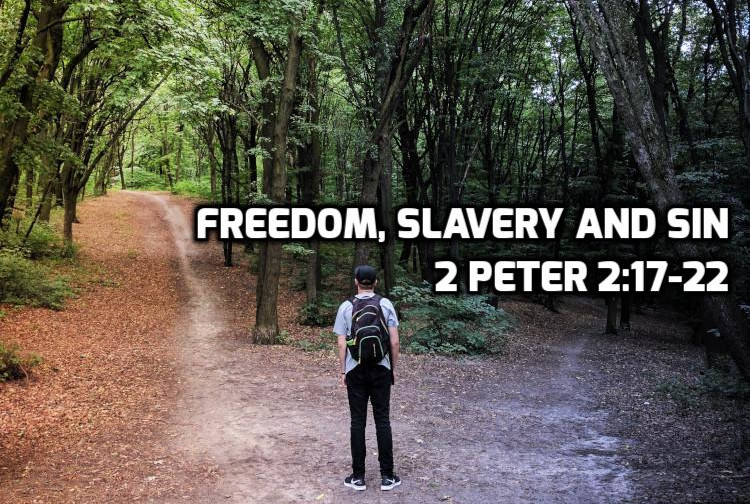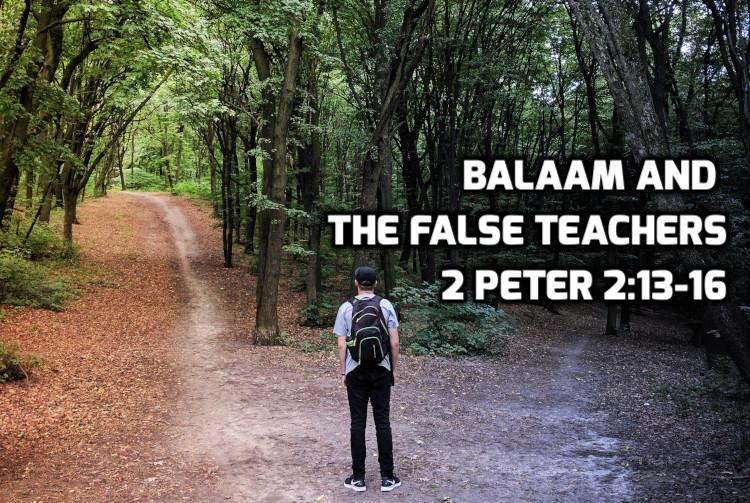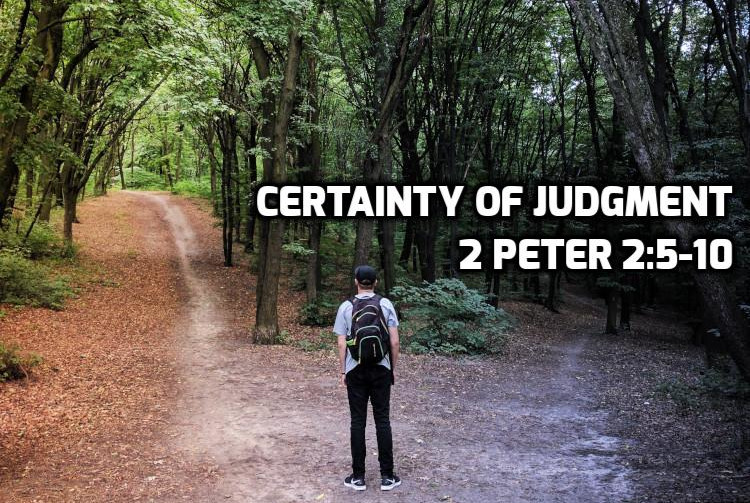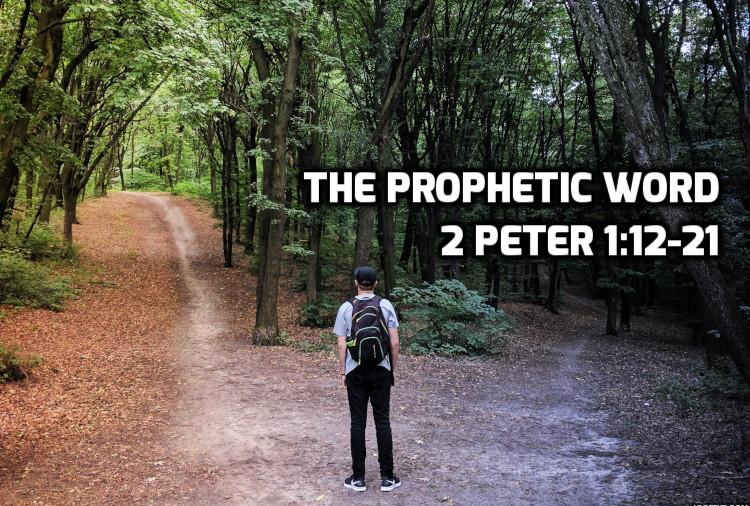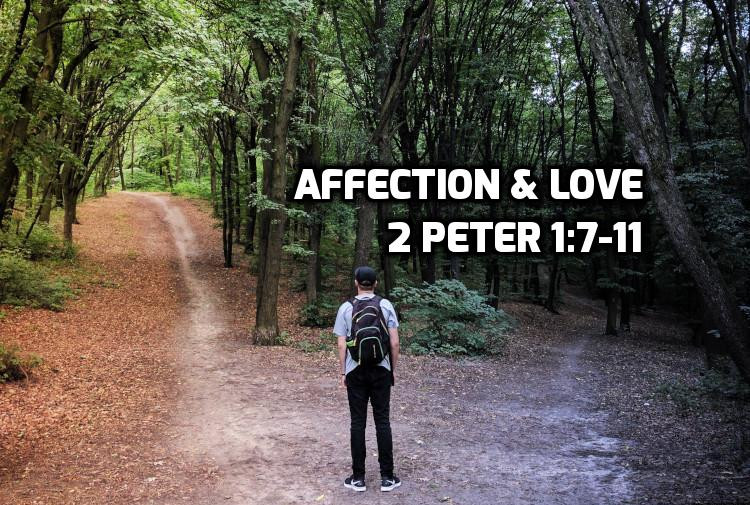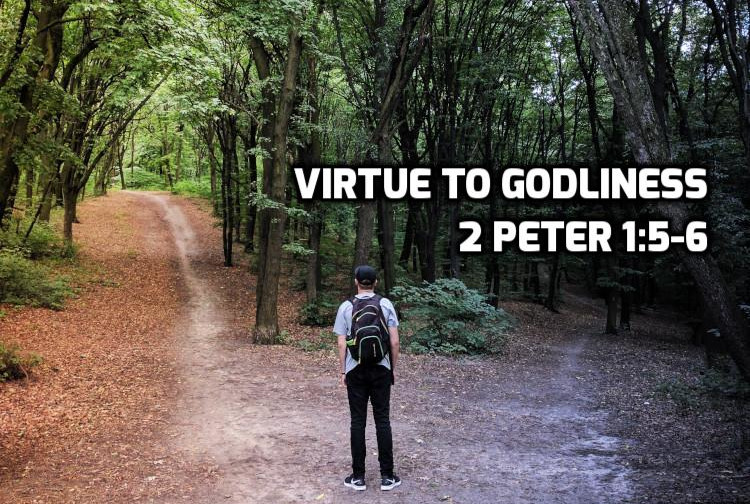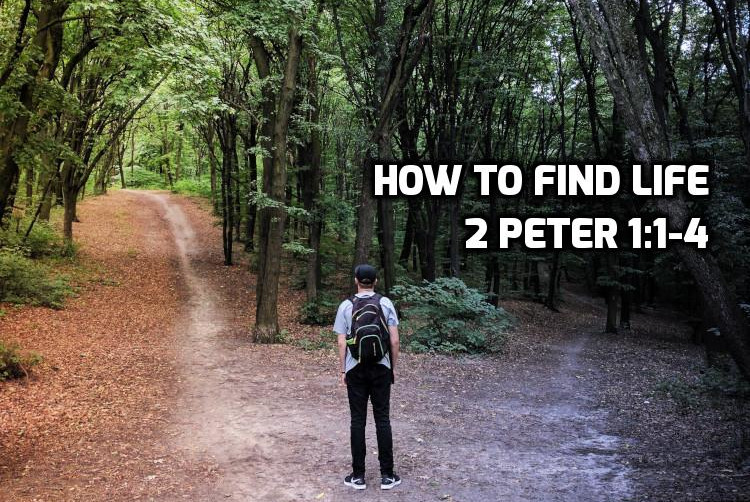Peter argues that more than anything else we need to find life through forgiveness and to find fulfillment through righteousness. It is this hope that he wants us to remember such that we let it change our lives today.
11 Freedom or Slavery: How Peter Exposes False Promises (2 Peter 2:17–22)
Peter warns that the false teachers are like springs without water, promising freedom but delivering destruction and he warns his readers not be deceived by their empty promises.
10 Balaam and the Way of False Teachers (2 Peter 2:13-16)
Continuing his warnings about the false teachers, Peter uses of Balaam from Numbers 22-24. Like Balaam, the false teachers are profiting from causing the people of God to stumble.
09 Who are the Glorious Ones and Why are They Reviled (2 Peter 2:10-12)
In the third major interpretative challenge of 2 Peter 2, we tackle the questions of who are the glorious ones, why would they be reviled and what does Peter want us to learn from this example?
08 The Certainty of Judgment: Hope and Warning (2 Peter 2:5–10)
The coming judgment of God is not a popular topic today. We prefer to emphasize God’s love instead. Yet Peter thought judgment was important enough to include in his final letter, so that would remember it long after he is gone.
07 Does Peter quote Enoch And Why it Matters (2 Peter 2:4)
Does Peter quote Enoch? Why would an apostle quote a non-biblical source? Find out in this episode of Wednesday in the Word.
06 Why 2 Peter 2 and Jude Sound So Alike and Why It Matters (2 Peter 2:1-3)
2 Peter 2 and the Epistle of Jude presents the same ideas in the same order and often use the same words. Did Peter copy from Jude? Did Jude copy from Peter? Or did they both copy from someone else? What’s going on?
05 The Prophetic Word: Why You Can Trust Scripture (2 Peter 1:12–21)
Peter asserts the gospel is not a clever philosophy but divine revelation from God. Which presents us with a choice about how we understand the Bible.
04 Brotherly Affection and Love: How They Assure Your Faith (2 Peter 1:7–11)
In 2 Peter 1:5-11, Peter explains the connection between believing the gospel and pursuing a lifestyle of godliness. When we come to believe the gospel, these qualities follow. In last week’s podcast, we defined the first 5 terms on the list. In this podcast we’ll finish the list and cover Peter’s conclusion that our lives as believers will be marked by these growing qualities.
03 What Peter Teaches About Virtue, Knowledge, and Self-Control (2 Peter 1:5–6)
In 2 Peter 1:5-11, Peter is explaining the connection between believing the gospel and pursuing a lifestyle of godliness. I argued in the previous podcast that these qualities are NOT the cause of spiritual maturity, rather they RESULT from spiritual maturity. When we come to believe the gospel, these qualities follow. In this podcast we’ll define each term in the list and discuss why Peter includes it and how it results from faith.
02 What Peter Teaches About the Marks of Genuine Faith (2 Peter 1:5–11)
To understand 2 Peter 1:5-11, we need to know that: 1)Peter is speaking to churches who are bewitched by false teachers who are encouraging them to pursue greed and sensuality; 2)Believing the gospel includes a change in lifestyle.
01 Everything You Need for Life and Godliness (2 Peter 1:1-4)
Peter wrote this letter to churches infected by false teachers to encourage them to remain true to the apostolic gospel. He encourages them to reject both the message and the lifestyle of the false teachers. He starts his case by proclaiming thatin the gospel we have everything we need to obtain Life and godliness. #witw #Biblestudy #2peter


